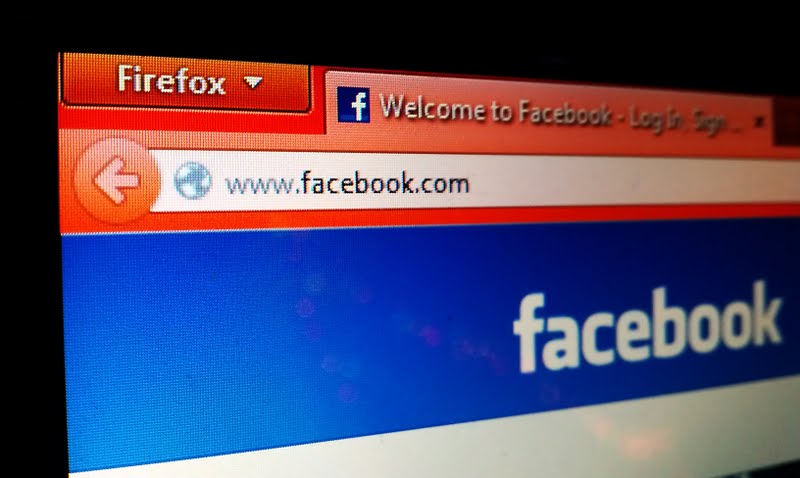Is is right to blame social media?
 No one can contest the fact that social media is changing the world around us. Experts are constantly watching, calculating and attempting to forecast how social media will affect our society. But it's crucial to ask ourselves: how influential are some of these changes, and can we really blame social media for the problems these changes supposedly produce?
No one can contest the fact that social media is changing the world around us. Experts are constantly watching, calculating and attempting to forecast how social media will affect our society. But it's crucial to ask ourselves: how influential are some of these changes, and can we really blame social media for the problems these changes supposedly produce?
Culture and technology develop continuously, but people aren't upgraded from generation to generation. While technology has made it easier for us to communicate with the world, this alone does not imply that we will be better communicators--it simply means the tools for easier communication are there if we choose to use them.
In a Forbes article, “Is Social Media Sabotaging Real Communication?” the author indirectly blames social media for a surprise suicide. The girl, in college, apparently had happy and normal Facebook posts and texted smiley faces to her mother the same day that she committed suicide.
While it's one thing to blame social media for making it easier for people to mask their emotions, there was obviously more going on in this situation. The girl was in college, away from her mother, and in the absence of texting, the mother would most likely not have heard from her daughter at all--she would not have been physically there to offer her daughter comfort.
As extreme as this case may be, our culture frequently blames social media for issues it cannot be held responsible for. Is it not true that Skype makes it easier to talk with someone that you were going to talk to anyway? Does not Twitter make it possible to read a comedian’s jokes rather than hear them, which, you were going to anyway? Does not Facebook make it easier to stay in touch with the people you care about, and ignore the rest?
Social media and technology facilitate whatever it was that we were going to do in the first place. It is an extension of ourselves, not a new element. Until we realize this, we will continue to blame social media for making people more anti-social, self-absorbed and unable to maintain relationships. We will continue to talk about how “disconnected” social media has made us until we take responsibility for our role.
Maybe the problem is that social media reveals more. Facebook helps us stay connected with numerous acquaintances, but most people only have 10 to 20 “friends” they really wish to contact. But since we see Joe-from-the-pizza-shop’s status update and do not respond, we feel as if we are not keeping up with Joe. However, if Facebook did not exist, we would have forgotten Joe exists, and we would not be keeping up with him in the first place. We expect to know everyone--to feel like a “global village,” as Marshall McLuhan once put it--but it is simply not feasible for one person to keep in touch with hundreds of contacts.
We expect social media to make it easier to be friendly and spontaneous, but the truth is that all relationships take work--no matter how connected we are. No technology will make working and dealing with people easier. While suggesting that social media has no effect on modern behavior would be ludicrous, we cannot conclude that it is the cause of all our problems. It is truly only a magnifying glass, and perhaps we should pay more attention to what is being magnified, rather than the medium that is used to do so.

